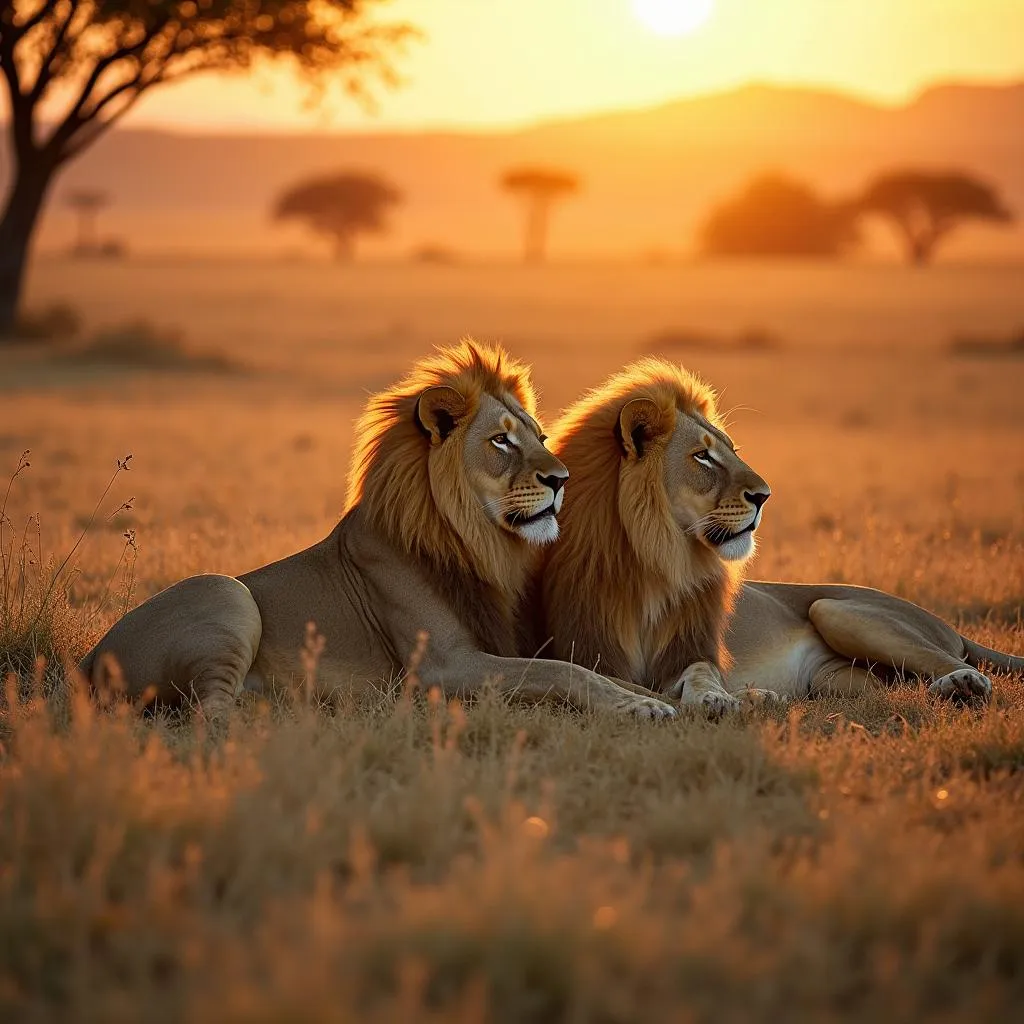Exploring African History for Children
African History For Children offers a vibrant tapestry of ancient kingdoms, powerful empires, rich traditions, and inspiring stories of resilience and innovation. This journey through time unveils a continent teeming with diverse cultures and fascinating events, perfect for sparking young minds’ curiosity.
Learning about African cultural norms through history can provide children with a deeper understanding of the world. From the ancient Egyptians who built magnificent pyramids to the powerful empires of Ghana, Mali, and Songhai that controlled vast trade routes, African history is filled with remarkable achievements.
Ancient Kingdoms and Powerful Empires
Ancient Egypt, with its pharaohs, pyramids, and hieroglyphs, often captivates children’s imagination. The stories of powerful rulers like Queen Hatshepsut and Ramses II offer glimpses into a complex and fascinating civilization. Moving beyond Egypt, children can explore the Kingdom of Kush, a powerful Nubian civilization that ruled for centuries.
Further west, the empires of Ghana, Mali, and Songhai dominated the trans-Saharan trade routes, controlling the flow of gold, salt, and other precious commodities. Mansa Musa, the legendary ruler of Mali, is renowned for his incredible wealth and his pilgrimage to Mecca. These empires fostered intellectual and cultural centers like Timbuktu, which became a hub of learning and scholarship.
Stories of Resilience and Innovation
African history isn’t just about kings and empires. It’s also about the resilience and innovation of its people. Children can learn about the diverse cultures and traditions of different African communities, from the nomadic pastoralists of the Sahel to the agricultural societies of the rainforest. Exploring African American folktales for children can also be a gateway to understanding the rich oral tradition of storytelling in Africa.
The Impact of the Slave Trade
The transatlantic slave trade is a dark chapter in African history, and it’s essential to address it age-appropriately. Explaining how this tragic event impacted African societies and the diaspora is crucial for children to understand the lasting consequences of this period. This understanding fosters empathy and helps children appreciate the strength and resilience of those who endured this hardship.
The Fight for Independence
The 20th century saw a wave of independence movements across Africa as nations fought to free themselves from colonial rule. Learning about figures like Kwame Nkrumah of Ghana and Nelson Mandela of South Africa can inspire children with stories of courage and determination in the face of adversity. Perhaps even exploring current African female politician Mozambique can inspire future leaders.
What did Ancient Egyptians eat?
Ancient Egyptians primarily relied on crops like wheat and barley, which they used to make bread and beer. They also cultivated vegetables like onions, lettuce, and cucumbers, and fruits such as dates, figs, and grapes. Fish from the Nile River was a common source of protein.
Who was Mansa Musa?
Mansa Musa was the tenth Mansa, which translates to “emperor,” of the wealthy West African Mali Empire. He is best known for his pilgrimage to Mecca, showcasing his immense wealth and bringing attention to the Mali Empire.
Conclusion
African history for children offers a rich and rewarding learning experience. By exploring the past, children can gain a deeper appreciation for the diversity of African cultures, the resilience of its people, and the important contributions Africa has made to world history. Learning about African history empowers children to understand the present and shape a better future.
FAQ
- What is the oldest civilization in Africa? Many scholars consider the ancient Egyptian civilization to be one of the oldest in Africa.
- What are some famous African landmarks? The pyramids of Giza, Victoria Falls, and Mount Kilimanjaro are some iconic African landmarks.
- What are some traditional African instruments? The djembe, kora, and mbira are just a few of the many traditional African musical instruments.
- What are some popular African dishes? Jollof rice, injera, and tagine are examples of popular African dishes.
- How can I learn more about African history? Books, museums, documentaries, and online resources are excellent ways to learn more about African history.
You might also be interested in articles about African American Halloween costume ideas or African American black baby cartoon. Explore more related content on our website to deepen your understanding of African culture.
When you need assistance, contact us via Phone: +255768904061, Email: kaka.mag@gmail.com or visit us at Mbarali DC Mawindi, Kangaga, Tanzania. Our customer support team is available 24/7.


